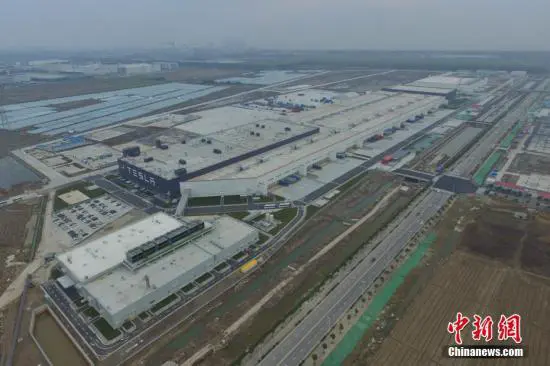The Philippine military respects but disagrees the assessment of the U.S. government classifying the Sulu archipelago, composed of Sulu, Basilan and Tawi-tawi provinces, as a safe haven for terrorists.
"We respect their assessment but we disagree that its (Sulu archipelago) that it's a safe haven for terrorists," said Maj. Ramon Zagala, spokesman for the Armed Forces.
Zagala is alluding to the U.S. State Department's recent report which tagged the Philippines, specifically Sulu archipelago, as a "safe haven" for terrorists.
The Southeast Asian regional terrorist network Jemaah Islamiyah (JI) is known to operate in the Philippines, Indonesia and Malaysia. A number of JI operatives are said be in Mindanao, co- existing with the local terrorist group Abu Sayyaf.
"Through our counter-terrorism operations, terrorists in the Sulu archipelago have limited mobility in the area. The Armed Forces has presence there and we continue to operate (against the terrorists)," Zagala said in a briefing.
"It's not a safe haven for them. They can't plan and execute terrorist activities easily," he added.
Military estimates placed the strength of the Abu Sayyaf to about 300 men, mostly concentrated in Sulu and Basilan. Varying estimates placed the number of the JI operatives in the country to be between 20 to 40 men.
The United States has hundreds of elite forces in Mindanao, assisting the military in the fight against terrorism. They are specifically training Filipino troops and helping in gathering of intelligence information.
 简体中文
简体中文

